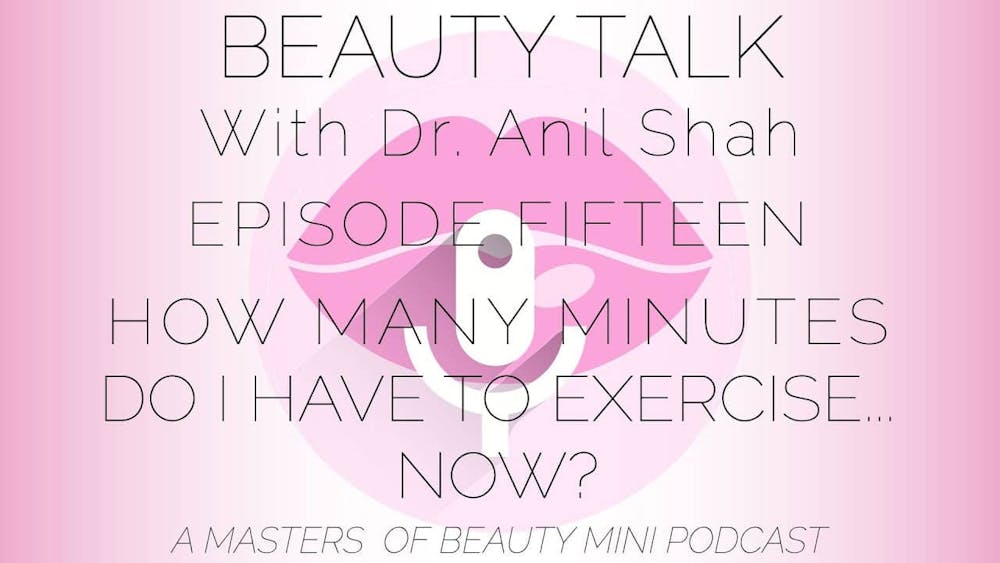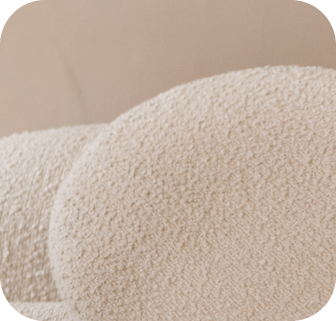This audio podcast has been transcribed using an automated service. Please forgive any typographic errors or other transcription flaws.
This was interesting on exercise and longevity. So, uh, there was a recent study that came out looking at, uh, lifespan of patients who exercised versus those who didn’t versus who exercised more. And, um, the data here is actually pretty interesting. Um, for a while we’ve been told to exercise up to 300 minutes a week, 150, 300 minutes. Um, and it seems to improve lifespan. Um, you know, any room for five, 10 years. Um, uh, and exercise to be defined is not just walking, it’s risk walking, it’s lifting weights, it’s running, um, it’s some sort of amount of bigger for the week. And, um, in 300 minutes is, is a lot of exercise. That’s about five hours in a week. The question was, is additional exercise for both, um, your, your lifespan. And this study actually found that, um, patients who lived from 300, um, one 50 to 300, from 300 to 600, the patients who were in the 300 600 category actually live longer.
Um, and so were not just talking about a few months here or a few years. It was a five, another five, eight years. So, um, this is both good and bad news. I mean, the good news is for those of you who exercise, um, I think you should probably feel proud of the fact that you’re increasing your lifespan, increasing your longevity, probably increasing your overall health. Um, and if you are adding that extra 300 to 600 minutes, if you’re making it total 10 or 600 minutes, that’s no joke. That’s about 10 hours of exercise. Um, so I recently have adapted this, uh, in, in my own practice. And so I’ve been trying to hit that target of 600 minutes a week. And trust me, that is not easy to do on a consistent basis. So what I do is, um, I try to have a couple of days that are just really busy active days, and for me, that’s gonna be on the weekend.
It’s really hard for me to be, um, especially if I’m so busy with work and research and projects and life with kids. So on the weekend, I, I go to the gym and I typically try to get an hour to an hour and a half workout and, you know, I, that includes doing, um, now I book my cardio. Um, I used to do, you know, 10 minutes, uh, to now doing about, uh, 25, 30 minutes of cardio, plus doing weights and usually trying to do heavy weights on Saturday, Sunday, um, and improving that. Um, and after that’s all said and done, waiting to cardio. Um, and then I try to do a, a bike ride. Usually I do a bike ride with my little guy and we’ll add another hour or so there. And so
It’s pretty easy for me to get a couple hours on Saturday, uh, a couple hours on, um, Sunday. And usually I can, you can get a little bit of above and beyond that. Um, the challenge is trying to get even you get two hours and two hours, you still have, uh, you know, it’s four hours, you still have six hours left of exercise. And so, um, one way I try to, you know, kind of find some minutes there is I either walk or bike to work. Um, walking to work for me is about a 45 minute there and a 45 minute back. So that’s nice for one way both ways. It happens sometimes, and I’m conscious that I have to have a risk walk case. Um, you know, for me it’s, it’s gonna be, uh, trying to get my walk page definitely below 20 minutes or somewhere in that 15 minute range.
Um, and then the other way I try to find some time for exercise is when I come home, instead of just sitting down and watching TV and relaxing, I’ll, I’ll jump on something, I’ll jump on a bike, um, jump on a rover, and again, try to get that 25, 30 minutes plus trying to get the weights during the week. And, um, again, no joke, um, especially if you start getting started with this, it’s, it’s kind of, um, not easy to kind of get ramped up to that. But once you’re going with that, actually you feel pretty good. You get more energy and, um, this science behind this probably supports exercise, you know, ramping up your, um, you know, multiple levels that you, if you listen to the Lifespan podcast from, um, you, Dr. Davidson, Claire who’s a scientist out of the physician, um, you can talk about, um, you know, some of the, the molecular changes that are happening, but you are making more n a d, um, which is a molecule that decreases as we get older, um, and, uh, actually feel better having more energy. So, um, something to consider. So both mixed you, uh, news on that. I would love if they said you could get enough exercise with, uh, 150 minutes to enter data is data. And uh, it makes sense to me that being more active is gonna lead to a longer line and being the right kind of active makes sense too.

